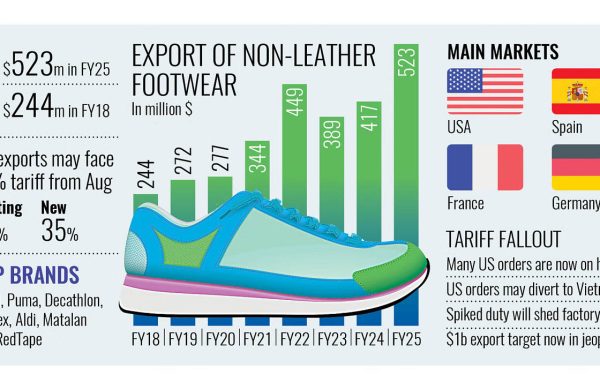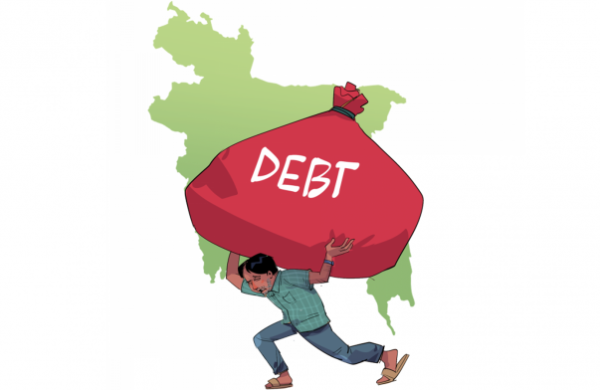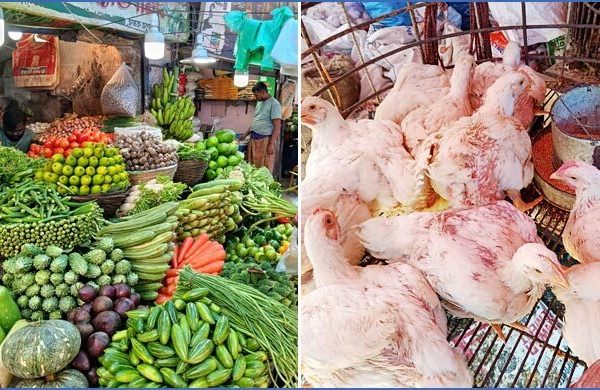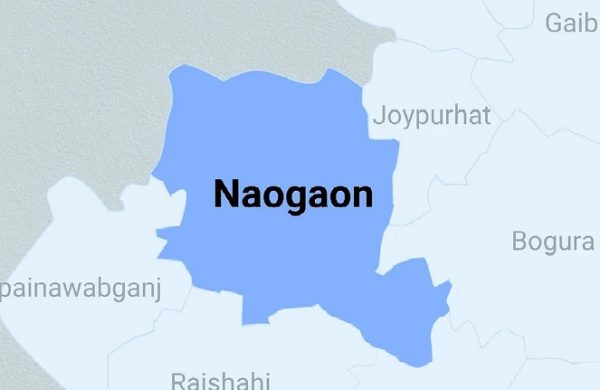Cenbank plans real-time FX reporting to curb manipulation
- Update Time : Monday, January 13, 2025
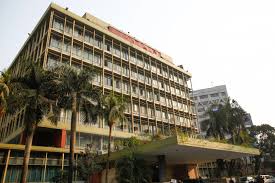
TDS Desk:
This was discussed in a meeting titled “Foreign Exchange Transactions Monitoring and Live Reporting Format,” attended by senior central bank officials and representatives from 11 leading banks, including one foreign bank, two state-owned banks, and several private banks.
In addition to real-time reporting, the meeting also covered the dollar reference rate, export bill discounting, and dollar forward rates, according to officials and bankers present.
A senior central bank official explained, “We have been receiving real-time data on local currency interbank transactions for some time, but dollar market transactions take longer to capture. This delay makes it difficult to get a clear picture during periods of volatility.”
“To address this, we are considering creating a platform for real-time forex market data, capturing both client-level and interbank transactions. However, this idea is still in its early stages and has been discussed with several banks.
In December 2021, the Bangladesh Bank launched an electronic dealing system (EDS) for banks and non-bank financial institutions (NBFIs) to facilitate short-term taka lending and deposits through a digital platform.
The platform settles various transactions, including the call money market and interbank repurchase agreements (Repo), where banks and NBFIs quote interest rates and fund maturity for lending.
The proposed dollar EDS may initially cover spot buying and selling, remittances, and interbank buy, sell, and deposit transactions.
Senior officials at several banks said real-time reporting of dollar transactions would ensure the widespread dissemination of market information, reducing the potential for manipulation by remittance aggregators.
An aggregator connects buyers and sellers of dollars, often providing competitive exchange rates by aggregating liquidity from multiple sources.
This system would also help synchronise the international forex market with the domestic market, benefiting the overall economy if implemented promptly.
A senior private bank official said while the real-time reporting format for the forex market was discussed in the meeting, cross-currency rates will not initially be included due to operational complexity. However, the Bangladesh Bank aims to include cross-currency deals in the future.
The central bank has started announcing the dollar reference rate for the first time.
The Bangladesh Foreign Exchange Market Spot Reference Exchange Rate (RR) is a transaction-based weighted average rate derived from FX spot transactions of USD 100,000 or more in the country’s forex market.
On Sunday, the rate was Tk121.40 at the close of trading. This rate will be announced twice a day.
Banks were informed at the meeting that while the reference rate has been announced, it will not impact commercial banks’ dollar transactions for the time being.
A senior central bank official said the reference rate was introduced to meet a condition under the $4.7 billion loan package from the International Monetary Fund (IMF).
While it currently has no impact on transactions, the rate will help the central bank by providing valuable market information.
At the meeting, banks requested the central bank extend the 90-day forward buy and sell period for dollars to 180 days. They argued that many deferred letters of credit for imports are for 180 days, and extending the forward period would benefit both banks and customers.
Additionally, banks raised concerns about complications in buying and selling dollars in forwards. The central bank assured them it would consult with relevant departments and issue guidelines for the forward market soon.
Central bank officials informed that they are following instructions from policy-making officers and suggested banks present their demands to Governor Ahsan H Mansur through their top management, Bangladesh Foreign Exchange Dealers’ Association, or the Association of Bankers, Bangladesh.


